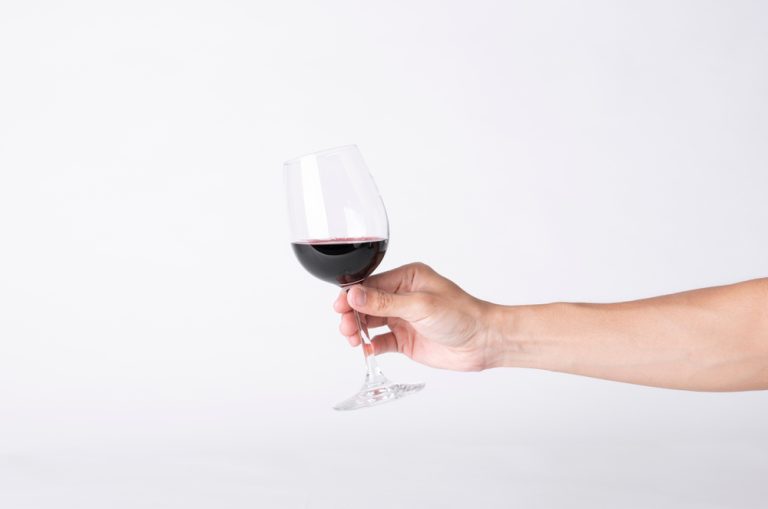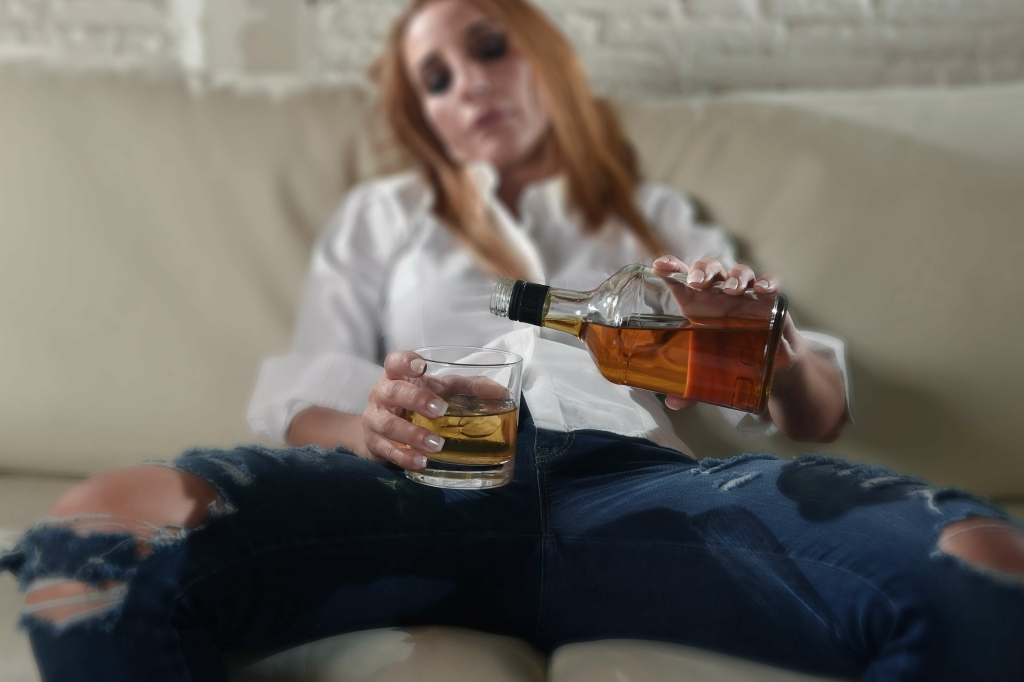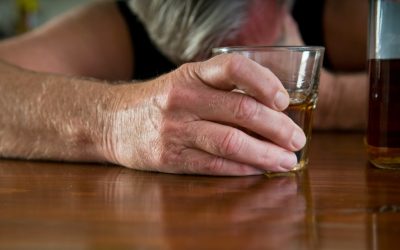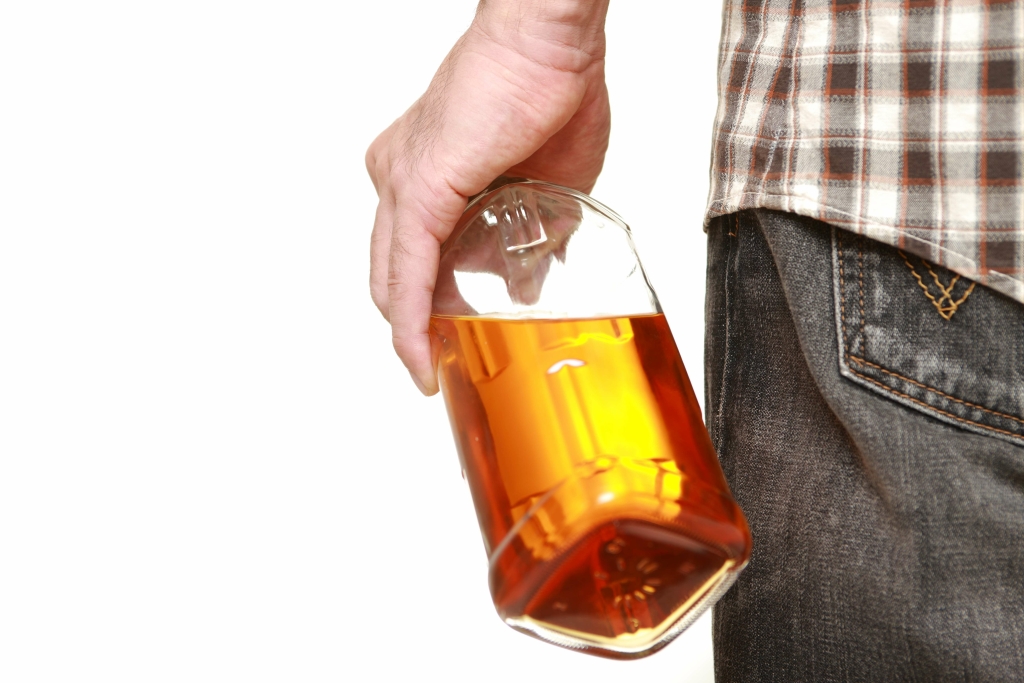The best sober living homes charge a fee for rent, food, and counseling. Sign up to get info about the science behind addiction, the latest trends in addiction treatment, mental health awareness, inspirational recovery stories, and much more. If you are looking for sober housing in Idaho for yourself or a loved one, learn more about The Walking Sober House in Gooding, Idaho. Our 8-bedroom, gender-specific home is designed to offer a sanctuary for those in the early stages of addiction recovery. Similarly, people who feel they need a gradual transition from the structured environment of residential treatment to full independence may find sober living a helpful step.
Take the time needed for each step in the process when you’re learning how to start a sober living home. Great investments need a strong foundation through a solid business plan. “If there’s not a ‘perfect’ fit, you may still benefit from the structure, support and monitoring that a sober living house provides until you feel more confident in your sobriety,” says Dr. Kennedy.
Common Sober Living House Rules and Regulations
As you’re searching for the environment that’s right for you, ask each potential recovery home what their rules are. This can include researching the facility of choice both https://en.forexdata.info/charles-kelley-shares-emotional-track-as-his/ online and in person, asking about their state licence and the programs that they provide. You can also call a helpline and discuss any questions or concerns you may have.

It’s important to know that sober living houses are not treatment centers. The staff doesn’t provide any clinical or medical services, but many residents attend outpatient treatment or participate in recovery-based groups while they live there. Residents are often required to take drug tests and demonstrate efforts toward long-term recovery.
Benefits of Sober Living Homes
When promoting your sober living house, be clear and straightforward in your messaging. Clear marketing messaging will help you attract the ideal target audience as applicants for your sober living investment. Remember that drug and alcohol addiction can affect people from any walk of life, gender, or age. With this in mind, prepare that you may have a mix of residents at any given time. You may also hear of a sober living home called a recovery house or a group addiction residence. Often, sober living homes are privately owned, but non-profit organizations or businesses can also own or operate them.
Therapy and medication management are usually accessible offsite instead. To keep residents safe, all successful sober homes have rules and regulations that you’re required to follow. While rules may vary, we’re going to discuss the general guidelines most homes require. Substance use treatment providers may offer oversight in some instances, although this is not always the case. Sober living homes don’t require accreditation, a state license or oversight from a behavioral health care provider.
What Are Sober Living Homes?
In a recovery housing model, residents offer and receive support from their peers and leaders in their community. Research has discovered that communal living can help decrease substance Understanding Powerlessness and Acceptance in Early Recovery abuse and incarceration rates, and increase employment rates. It can also help individuals hone their coping skills, learn how to communicate effectively, and trust themselves.
- Before purchasing a property, you should always thoroughly inspect local and state laws to prevent problems down the road.
- Start by contacting the facility directly to set up an appointment to meet with the staff.
- Sober living homes are a transitional step between the drug rehab program and living completing on your own with a solid diligence to sobriety.
- Most of them view their homes as a necessary component of a successful recovery.
But when considering some of the services offered, make sure they’re services that help support your sobriety. Part of living in recovery is “showing up for life,” meaning doing things for yourself that make you a successful, contributing member of society. When in active addiction, we tend to ignore the things that make us successful. So when getting back on our feet and in recovery, cooking and cleaning for ourselves is part of a healthy recovery plan. However, sober living homes are generally less expensive than inpatient treatment centers. People who have undergone addiction treatment in rehab centers often struggle to stay sober as they adjust to the real world.




